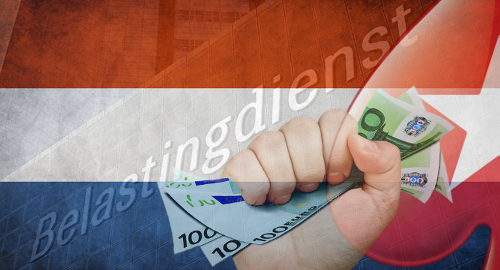 Online poker players in the Netherlands are off the hook — at least, for the moment — after a court ruled that their winnings aren’t subject to local taxation.
Online poker players in the Netherlands are off the hook — at least, for the moment — after a court ruled that their winnings aren’t subject to local taxation.
In a judgment issued on December 31 but only released publicly on Monday, the Court of Appeals in Den Bosch ruled that the Dutch tax office (Belastingdienst) had no right to tax winnings earned by local gamblers who played on the Malta-licensed dot-eu site of The Stars Group’s flagship PokerStars brand.
The case, which dates back years, began when Belastingdienst claimed that Dutch poker players were required to pay 29% tax on their PokerStars winnings. Lawyer Pepjin le Heux, who represented around 100 players in the case, told Dutch media that some of the “big boys” caught up in this case were looking at a personal tax obligation of over €500k.
Under European Union rules, gambling winnings derived from EU member states are exempt from taxation, but Belastingdienst claimed that PokerStars’ parent company Rational Group was based on the Isle of Man, which lies outside the EU. Dutch players countered that the PokerStars.eu site on which they played was based in Malta and thus qualified for the exemption.
After weighing questions over where the Dutch players’ money was held and the location of the random number generator that dealt cards to the players, the Den Bosch court concluded that the Malta-licensed Rational Gaming Europe Limited “should be regarded as the holder of the online game of chance offered via PokerStars.eu” and thus Belastingdienst was owed bupkis.
Belastingdienst, which was also ordered to pay €4,233 in court costs, has six weeks in which to decide whether to appeal the ruling to the Netherlands’ Supreme Court. The tax office’s attorneys are reportedly studying the ruling, which would require Belastingdienst to issue millions of euros in refunds to players who already paid their tax bills.
The Netherlands is allegedly in the home stretch of authorizing a locally-licensed online gambling regime. On February 5, the Dutch senate will debate the Remote Gaming Bill that was approved by the legislature’s lower chamber in 2016. Assuming that debate goes well, the senate could vote on the bill on February 12.